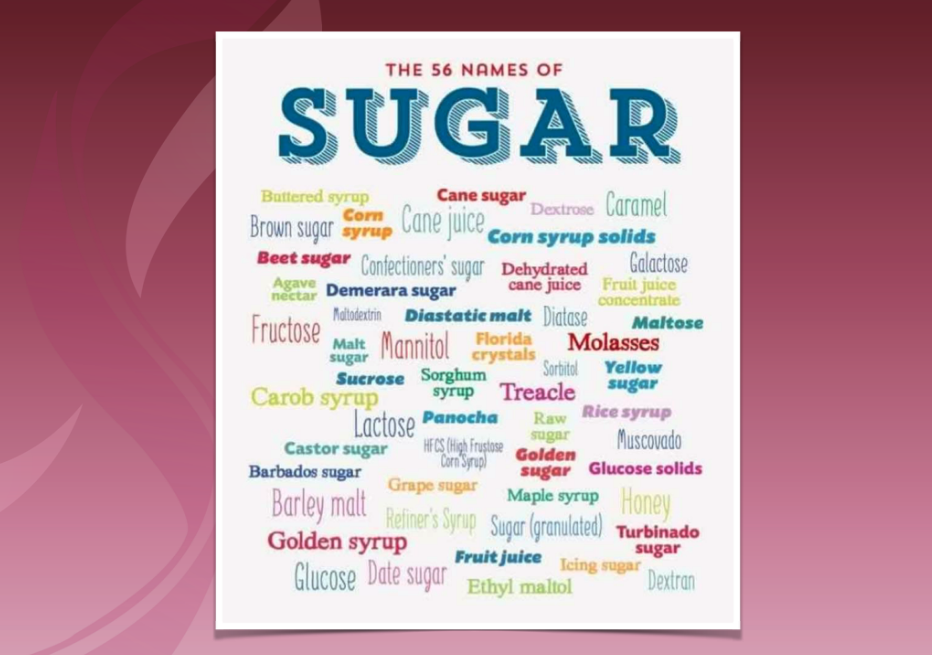Cancer cells are extremely active. Because of this, they are very hungry. Their metabolism is much higher than that of normal, healthy cells, but they are inefficient. To help themselves, they have many more sugar receptors than normal cells. In this way, when they come to a supply, they can suck up the sugar quickly.
They use a process called fermentation to make their fuel. In this way, they convert sugar into energy without the use of oxygen. Cancer cells need a big fuel supply to stay alive. The best source of this fuel is sugars and simple carbohydrates.
If you have ever had a PET scan, you were likely asked to not eat or drink anything other than water prior to the test. The reason is that the dye which is injected contains glucose (sugar). The test measures the areas of the body which absorb the most glucose (“light up”). Because cancer cells are greedy and hungry, this test shows us where cancer cells are active.
Insulin is released by your pancreas when glucose enters your bloodstream. Insulin is the master hormone which helps in metabolism. If you eat a lot of sugar and simple carbs, you get a surge of glucose in your blood. Then, your pancreas is forced to work overtime and push additional insulin into your system. This can develop into insulin resistance, and your body will become less effective at regulating your blood sugar.
Also, insulin and insulin-like growth factor (IGF) promote inflammation factors, stimulate cell growth, and act as “fertilizer” for cancer cells. So, an excess amount of these hormones in the body encourages cancer cells to grow.
When it comes to food, the product contains sugar if the ingredient list includes:
- agave nectar
- barbados sugar
- barley malt
- beet sugar
- brown rice syrup
- brown sugar
- buttered syrup
- carob syrup
- cane juice
- cane sugar
- caramel
- castor sugar
- confectioner’s sugar
- corn sweetener
- corn syrup
- corn syrup solids
- date sugar
- dehydrated cane juice
- demerara sugar
- dextran
- diastase
- diastatic malt
- dextrose
- ethyl maltol
- florida crystals
- fructose
- fruit juice
- fruit juice concentrate
- galactose
- glucose
- glucose solids
- golden sugar
- golden syrup
- grape sugar
- granulated sugar
- high fructose corn syrup (HFCS)
- honey
- icing sugar
- invert sugar
- lactose
- malt
- malt sugar
- malt syrup
- maltose
- maltodextrin
- mannitol
- maple sugar
- maple syrup
- molasses
- panocha
- raw sugar
- refiner’s syrup
- rice syrup
- sorghum syrup
- sucrose (table sugar)
- sweetened carob powder
- treacle
- turbinado
